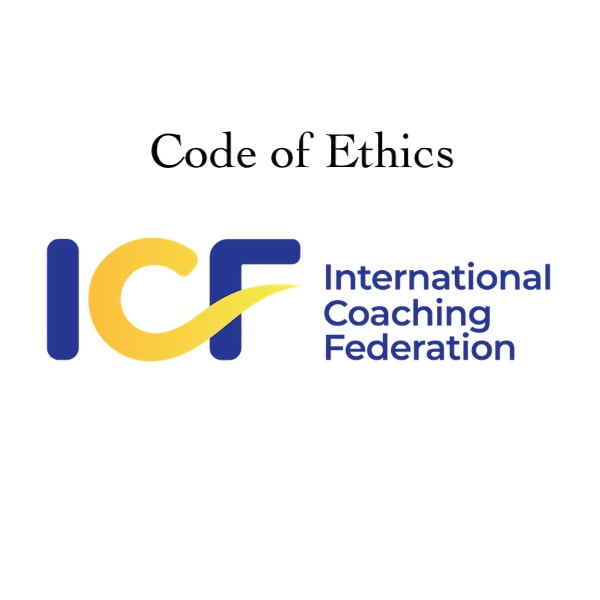The International Coach Federation (ICF) is a pioneer in formulating a definition and philosophy of coaching, as well as establishing a set of ethical principles that ICF members pledge to adhere. The ICF Code of Ethics outlines the ethical norms of behaviour, philosophy, the definition of coaching and four core values that all ICF credentialed coaches abide.
The coaching community has developed a code of ethics to ensure the highest level of professionalism among its members. In addition, educate others outside the field on the importance of the ICF’s code of ethics for coaches. All professional coaches may refer to the code of ethics in coaching as a benchmark of excellence, decision-making guide, ethical reflection and standards of conduct for each coach.
ICF adheres to a holistic form of coaching. The main goal of the ICF Code of Ethics is to instil in professional coaches respect for diverse coaching methodologies. In addition to making them aware of their obligations under relevant laws and regulations. Understanding and implementing the code of ethics in coaching modules helps enhance coaches’ professionalism and foster customers’ confidence.
The Code of Ethics consists of five (5) major sections:
- Introduction
- Key Definitions
- ICF Core Values and Ethical Principles
- Ethical Standards
- Pledge
ICF Core Values
The ICF Code of Ethics revolves around four fundamental values:
Professionalism
We commit to a coaching mindset and professional quality that encompasses responsibility, respect, integrity, competence and excellence.
Collaboration
We commit to develop social connection and community building.
Humanity
We commit to being humane, kind, compassionate and respectful toward others.
Equity
We commit to use a coaching mindset to explore and understand the needs of others so we can practice equitable processes at all times that create equality for all.







